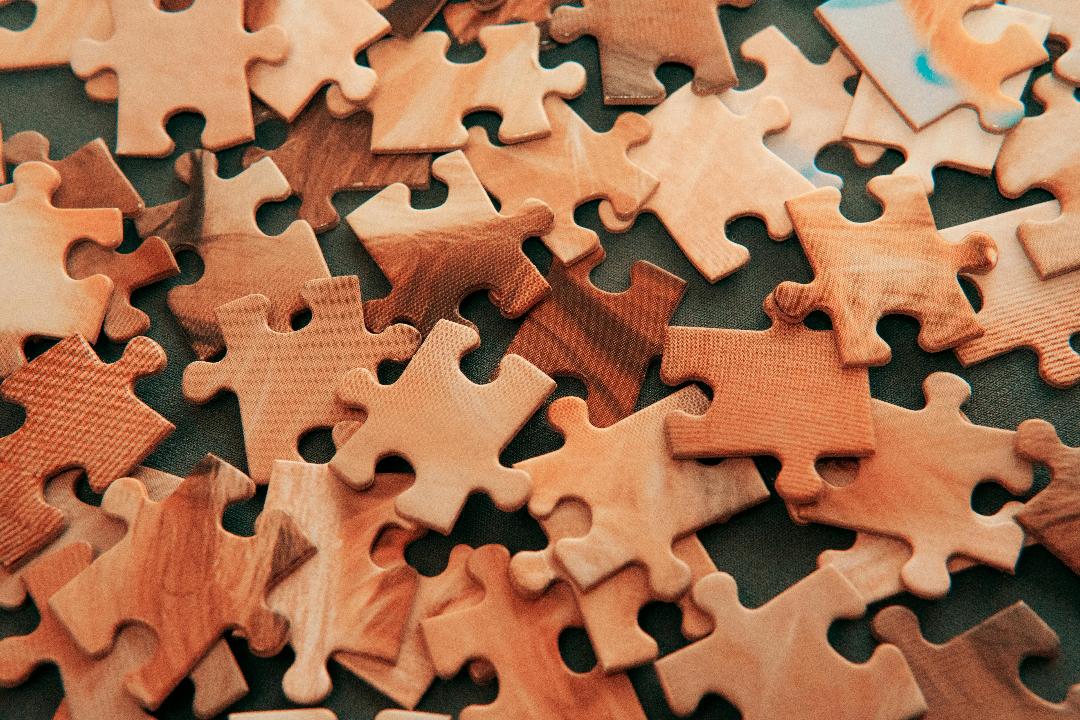By Panagiotis Moysoglou,
If we are talking about numbers concerning life, it would be improper and prudent not to offer the mean media of life and age. This statistical marvel rests at around 80 years old generally, excluding of course the downtrodden people living in less industrialised places than the Western Hemisphere and the two biological sexes of humans. If our minds care, we can break down this number into weeks, for the grand frightening, and meaningless total of possibly four thousand weeks for one person’s life cycle. Yes, this is our time upon this dear planet we call Earth, whose own timeline cannot be fathomed even in years much less by our minds.
Those weeks of ours can be placed into distinct categories, if we are to separate them according to what percentage it takes of the whole of our lives and of course depending on what we are doing each week. Those long and short weeks, depending on our mood, are wholeheartedly dominated by routine, a particular task that takes place almost everyday in our lives. Usually and especially after a certain age, this action or bundle of them can seem and appear meaningless, without purpose or goal. Yet there is a simple human reason that, even if the former statement is true, routine is the centre point in our lives. It of course makes the human brain run like an automated machine, even if stress is induced. This routine of hours, no matter if it is either work or university, makes us into machines and puts our life in order. No matter how harsh this seems, it has a hint of truth in it. We as humans, hopefully, have met, created, or joined either something or someone that is stable enough for us to start building our own life around it. We are absorbed by the main ‘pilar’ that supports us, in theory having enough other ‘pillars’ whose foundation is what keeps us alive, sane, and thirsty for life itself. Yet the problem, we run into, is turning this theory into practice or in some cases trying to remember life outside of our routine.

A routine is as important and mandatory as the chance to unwind in any way we choose. A routine though has a dark secret or a sad truth, because it can take away this freedom of ours. As humans have evolved and closed 23 full years into the 21st century, a pattern has risen from the ashes and trials of our routines. It seems that we have forgotten to love this life that we live. Maybe we have become so obsessed, willingly or subconsciously with certain goals that others just slip through our own self developed cracks. Life is such a glorious affair, one that none have to miss. It is up to us, through ways only know to our own selves to wake up. We must find a way to break through the oppressive chains of monotony and routine and to seize the day or ‘Carpe Diem’ as a known english teacher put it (Thank a ‘Dead Poets Society’ for this Articles inspiration’). A simple look out of our windows or the look of the eyes of a loved one can and should revive this want for life inside our very souls. For happiness and love, the bare necessities for a brain to function can only take place in a brain that is stimulated after a while in the automation of the routine. If only the troubled and necessary relationship of life and routine was that simple. It seems to me that there is one variable, often forgotten and left to rust too, that is the final piece in the puzzle of the 4.000 weeks.
A balance of our wants and our needs should be forged. While, yes, there will be deviations from the general median or the rules, it should never exceed them. For when this meter is executed, only then will the losses outweigh the benefits and harm is the norm. For those reasons only we should try to incorporate the beauty of life into our routine and not the other way around. For if the meter and our life are never forgotten, then we will be truly content and happy.
For we would never want to end up like poor Neil.
References
- Georgiou I. Michailidi, Nelli Bezou-Magkouti, “ENGLISH-GREEK AND GREEK-ENGLISH DICTIONARY OF MEDICAL TERMS, KONSTADARAS PUBLICATION HOUSE.”5th Edition 2005,’ROUTINE’ p 580.




